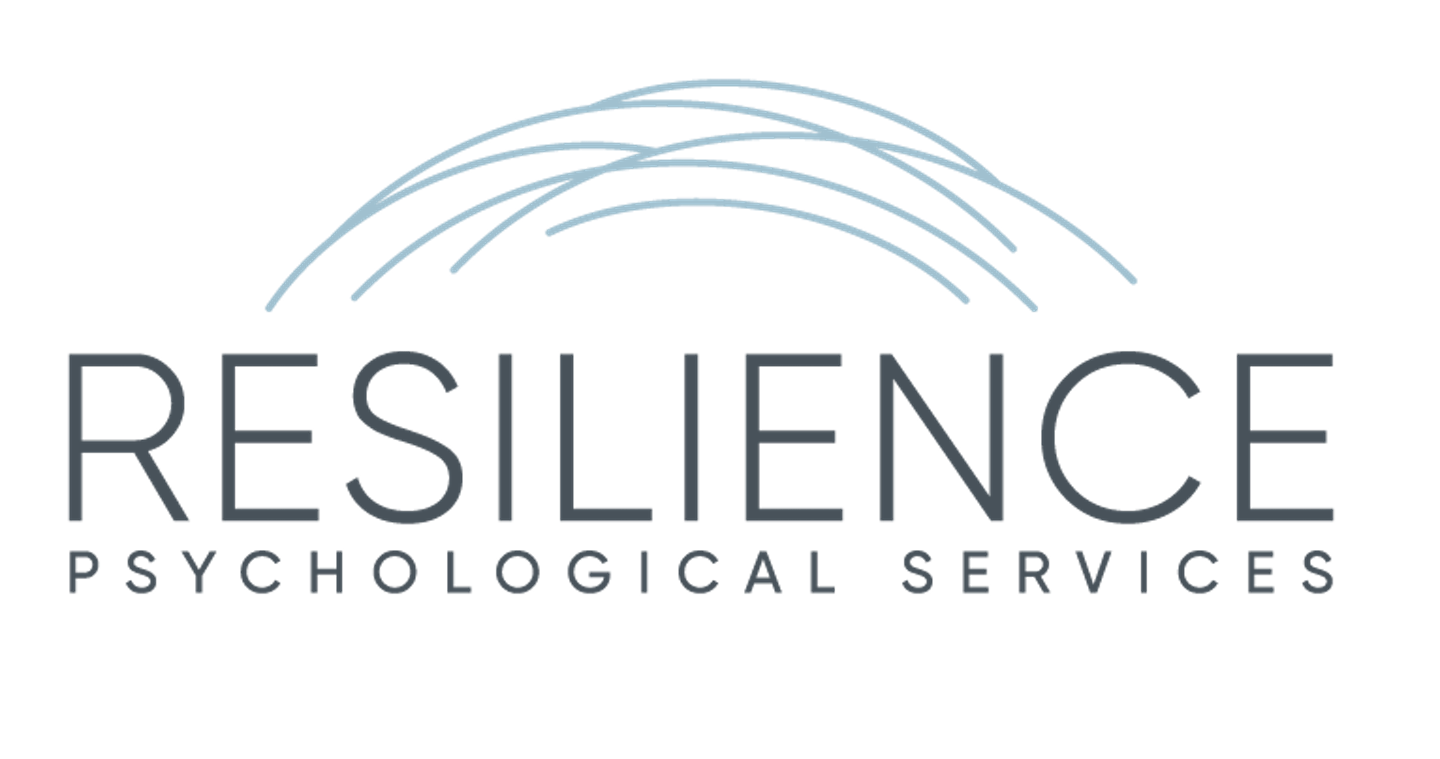Men's Issues
While in recent decades our society has shifted in its understanding of gender roles, many men still face the pressure to adhere to traditional masculinity norms. Men are often expected to suppress their emotions, "be strong," and avoid vulnerability. The cultural expectation to "be a man" can lead to challenges in expressing feelings, particularly when it comes to emotions like sadness, fear, or vulnerability. Instead, many men feel it's more acceptable to express anger and frustration, which are often seen as more socially acceptable emotions for men.
Yet, men experience significant stressors related to relationships, career pressures, sexuality, parenthood, and financial strain, all of which can contribute to emotional and mental health challenges. These stressors can manifest as depression, anxiety, anger, and irritability, which may lead to difficulties in relationships, self-esteem, and overall well-being.
HOW WE CAN HELP
At Resilience, we understand the unique challenges men face regarding emotional expression and mental health. We provide a safe, non-judgmental space where you can explore your emotions, break through the cultural barriers of traditional masculinity, and develop healthier ways to cope with stress, anger, and vulnerability.
In therapy, we focus on building emotional awareness by helping you to learn how to identify your emotions and providing tools that empower you to express emotions authentically and manage stress effectively while encouraging openness and acceptance of a full range of feelings.
Our approach is conversational, comfortable, and tailored to your unique experiences. We offer practical, actionable strategies to help you navigate your mental health journey and improve relationships, self-esteem, and overall emotional well-being.
We offer in-person and virtual therapy options for men seeking to take control of their emotional health in a supportive, affirming environment. Our goal is to help you build emotional resilience and live with greater authenticity and freedom.
At Resilience, we’re here to talk. When it feels like others are judging your choices or behaviors, or when you’re just not sure where else to turn, please know that we are here to get to know the real you. We invite you to contact us for a free consultation.
Common challenges
Addiction: Some men turn to alcohol or other substances to cope with stress, emotions, or social expectations, which can lead to dependency and other issues.
Anger and Irritability: Anger is socially accepted for men, but underlying emotions like sadness or fear are often neglected, leading to frustration and outbursts.
Anxiety and Depression: Many men experience depression or anxiety, but these conditions can go unrecognized due to reluctance to seek help or difficulty identifying emotional symptoms.
Emotional Suppression: Cultural pressures often lead men to hide or ignore their emotions, creating barriers to emotional expression and connection.
Fatherhood and Parenting: Balancing fatherhood, career, and personal identity can be overwhelming, and many men feel unprepared or unsupported in their role as a parent.
Loneliness and Isolation: Men are often less likely to maintain close, supportive friendships, which can result in loneliness and a lack of emotional outlets.
Relationship Challenges: Difficulty expressing emotions can lead to miscommunication and conflict in romantic, familial, or platonic relationships.
Sexual Performance and Intimacy Issues: Men may struggle with concerns related to sexual performance, intimacy, or body image, often fueled by societal pressures and unrealistic expectations.
Work-Related Stress: High expectations to succeed can cause stress, burnout, and pressure to maintain financial stability, often without emotional support.




